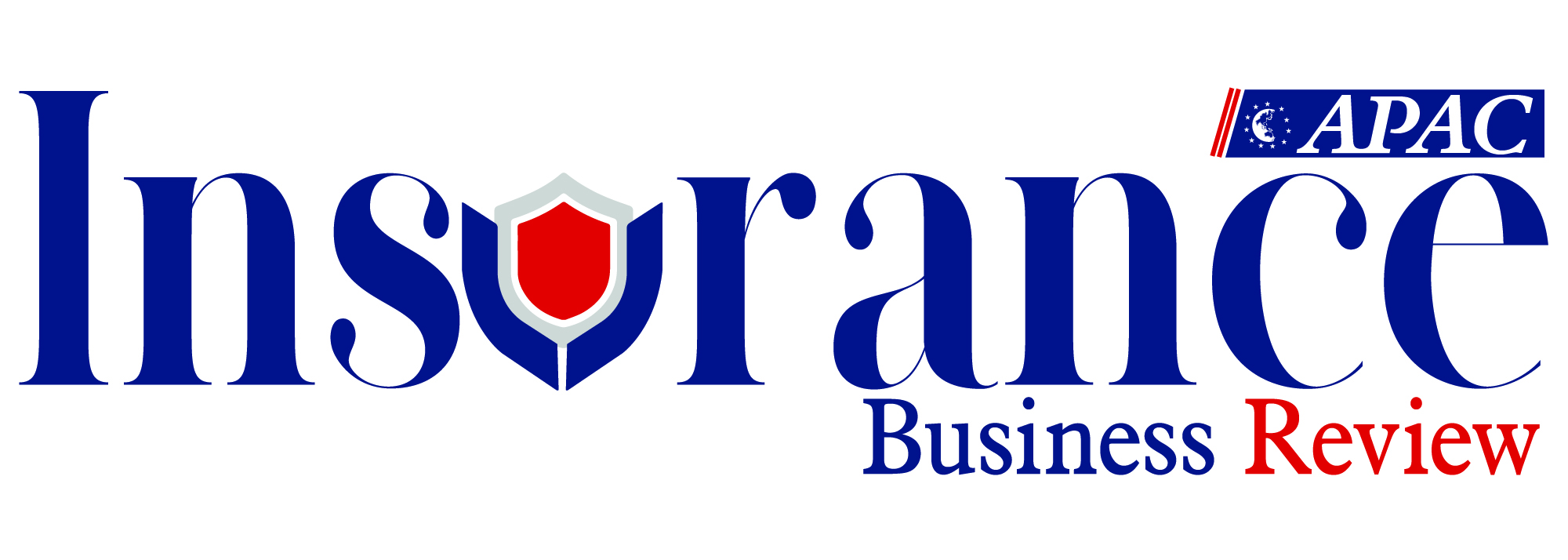Thank you for Subscribing to Insurance Business Review Weekly Brief
Empowering Workplaces: The Expanding Role of Group Benefits in Insurance
Group benefits are essential in the insurance sector, offering organizations extensive solutions that enhance employee welfare and financial stability.

By
Insurance Business Review | Thursday, April 10, 2025
Stay ahead of the industry with exclusive feature stories on the top companies, expert insights and the latest news delivered straight to your inbox. Subscribe today.
Group benefits in the insurance industry enhance employee well-being, improve workplace stability, and offer financial security for businesses and individuals.
Fremont, CA: Group benefits are essential in the insurance sector, offering organizations extensive solutions that enhance employee welfare and financial stability. Top group benefits services providers are significant in delivering comprehensive plans that include coverage for health, life, disability, and various vital services. Their expertise enables companies to attract and retain skilled talent while promoting a nurturing workplace atmosphere. As economic conditions and workplace dynamics change, these providers continue to refine their offerings, ensuring that group benefits remain a key component of corporate strategies, positively influencing productivity and employee satisfaction.
Significance in Today's Landscape
The significance of group benefits has grown in the contemporary workforce due to changing expectations and broader economic factors. Employees increasingly seek financial stability and healthcare assistance from their employers, making comprehensive insurance plans essential for job satisfaction and employee retention. Organizations are acknowledging the necessity of providing competitive benefits to attract skilled professionals, boost employee engagement, and ensure organizational resilience. Rising healthcare costs and inflation have further highlighted the importance of extensive group benefits, allowing individuals and families to receive vital support without facing excessive financial burdens.
Additionally, companies prioritize holistic well-being by integrating mental health services and flexible options into their benefit offerings. The workplace landscape has evolved, with hybrid models and remote work transforming traditional benefit frameworks. Organizations are revising their policies to adapt to these developments, ensuring that benefits remain accessible and relevant across various work settings. Changes in regulations and compliance requirements introduce further complexity, compelling insurers and businesses to continually update group benefits to align with legal standards and the changing needs of employees.
Key Benefits of Group Insurance
Group benefits present various advantages for both employers and employees. Organizations prioritizing comprehensive benefit plans see increased employee retention and engagement, as staff members feel appreciated and supported. These plans enhance financial security by covering medical costs, life insurance, disability coverage, and additional health services, alleviating the financial strain on employees and their families. Compared to individual policies, the affordability of group plans allows businesses to offer extensive coverage at reasonable rates.
Employees enjoy access to various healthcare services, preventive care, and wellness initiatives, contributing to improved health outcomes. A thoughtfully designed benefits package boosts workplace morale and productivity while also reducing absenteeism related to health issues. Employers gain from tax benefits and diminished liability, further underscoring the advantages of these insurance offerings.
For insurance providers, group benefits serve as reliable sources of income and foster enduring client relationships. Organizations that focus on developing innovative benefit solutions enhance their competitive edge and reputation. As employee expectations change, insurers respond by offering flexible plans with customizable options, enabling businesses to adjust coverage to meet their specific requirements.
Future Opportunities in Group Benefits
The group benefits industry is on the brink of substantial progress, fueled by technological advancements and changing employee expectations. Digital platforms and AI-enhanced solutions optimize enrollment and claims procedures, increasing efficiency and enhancing the user experience. Insurers utilize data analytics to customize benefits, developing targeted packages that reflect demographic trends and align with corporate goals.
Increasing demand for greater customization enables businesses to provide specialized plans designed for various employee segments. Organizations are investigating wellness initiatives, such as preventive healthcare, mental health support, and fitness programs, which further incorporate comprehensive well-being into group insurance offerings. Telemedicine and digital health services will continue influencing the industry, offering convenient and accessible healthcare options.
Sustainability and corporate responsibility are increasingly shaping benefit structures. Companies focus on ethical insurance options that align with their environmental and social commitments. As expectations change, the industry will evolve to provide comprehensive, cost-efficient, innovative solutions that improve employee satisfaction and promote long-term stability.
More in News






